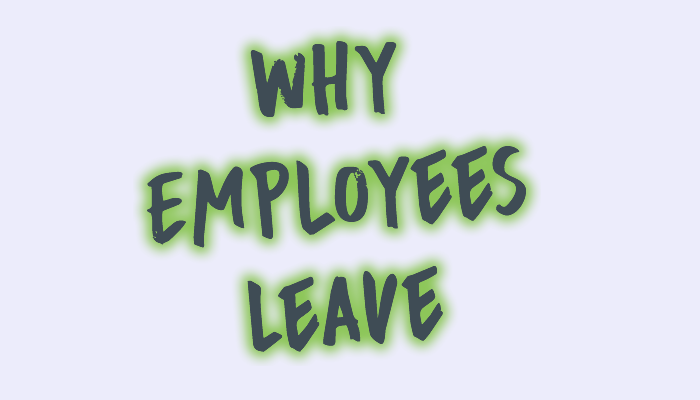Terri Greeno, an Express Employment Professionals franchise owner in Crystal Lake, Illinois, sees a “war for talent” in the job market, and says, “employees are holding all the cards.”
“Employees can be selective and can leave due to a myriad of reasons: increased pay, better hours, flexible schedules and attractive benefits—college tuition reimbursement, child care subsidies, robust health care and more,” Greeno explained. “Companies that are hiring are aggressively promoting these perks, and employees will switch jobs to better their lives.”
In this war for talent, employers are also increasing benefits for existing employees to stave off attrition and improve retention. And the arms race isn’t over.
“I also think that companies will continue to enhance the benefits that they can offer in hopes of keeping valuable talent,” Greeno said.
In a recent survey of businesses fielded by Express, pay was a top reason cited for employees leaving a job.
Respondents were asked, “What causes employees to leave a job?” More than one response was permitted. “Lack of advancement/opportunity” was the top reason at 33 percent, followed by “not a good cultural fit” at 28 percent. Twenty-seven (27) percent cited low pay as their reason for leaving, while 20 percent said it was because of an unlikeable boss/management.”
Luke Sodergren, an Express franchise owner of offices in Minnesota and Wisconsin, echoes the survey’s findings.
“When a company in the area raises wages, employees will leave their current position for the pay increase,” he said. “They also jump ship for companies that offer educational benefits.”
As a result, Sodergren added, “Companies are more open to being accommodating to employee situations.” He notes that companies are also willing to be somewhat lenient with workplace infractions.
In Grand Rapids, Michigan, workers might see 20 “now hiring” signs on their short commute to work, so more than ever, job seekers know how many options are available, according to Janis Petrini, a local Express franchise owner.
“Regardless of a recession or a robust economy, organizations need to be in the mindset of being an ‘employer of choice,’” Petrini said. “Another great strategy is utilizing ‘stay interviews’ in which there is a continual open discussion with employees as to what keeps them at an organization.”
Similarly, Sodergren has seen success with employee mentoring programs. It allows employers to “check in with all employees during certain times to make sure they still like what they do and ask for any feedback.”
“A growing, thriving economy is undoubtedly good news for our country, but it does mean employers have to work harder to retain talent,” said Bill Stoller, CEO of Express. “If you’re a business that’s seeing workers walk out the door, it’s critical to identify the reasons why quickly. You can beat the competition—or you can let the competition beat you. You’re only as strong as your workforce, and if you’re not offering your best, you can’t expect to have the best talent.”
The survey of 804 businesses, which are current and former clients of Express Employment Professionals, was conducted in August 2018 to gauge respondents’ expectations for the fourth quarter of 2018.
